GOTY 2014 (Adjusted)
Same deal as the 2015 GOTY (Adjusted) list (and also the others, found here (2013), here (2016) and here (2017). The idea is to build GOTY lists that are constantly in flux, ever adapting themselves to a new year's worth of catch-up gaming. Like the Borg, but for video game lists. With enough time I should be able to play through every 2014 game that piqued my interest and construct a list that ideally represents what that year meant to me in terms of games, but that wasn't going to happen on the year in question: too many full-price new releases, too little time.
For 2014 in particular, the consensus seems to be that the year offered a considerable number of quality games but few that would qualify as anyone's all-time favorite. Not so much a year of once-in-a-generation highlights as a year of general competency, as the various consoles of the current generation found their stride if not their respective killer apps. It's easily the largest list of games I've been compiling for these "Adjusted GOTY" lists, though I could credit that to any number of reasons, not least of which is the large number of 2015 and 2016 games I still mean to check out.
My original 2014 GOTY list is here.
(Currently owned 2014 games to explore in 2017 and beyond: Wasteland 2, Outlast, Risen 3: Titan Lords.)
(Currently unowned 2014 games I hope to check out in the future: Bayonetta 2, Sunset Overdrive, Drakengard 3, Tales of Xillia 2, Elite: Dangerous, Tales of Hearts R, Dark Dreams Don't Die.)
(Extra note: This list is a lot bigger than the 2015 list, so I'll only include appraisals for the first thirty games and the rest will just get their past and current ranks. 11-30 appraisals to come later.)

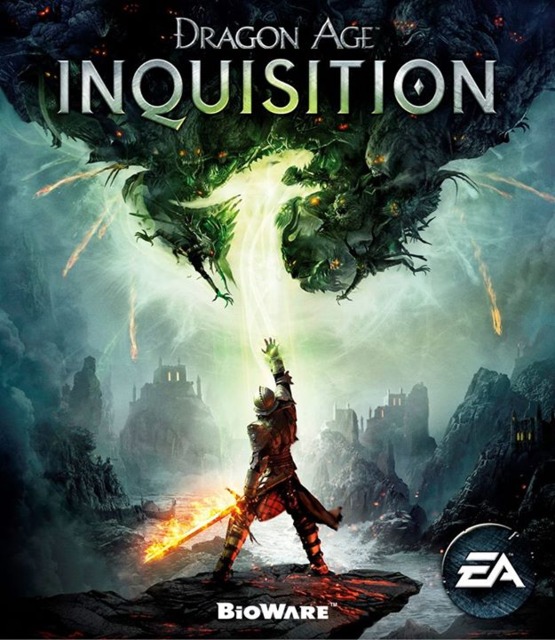
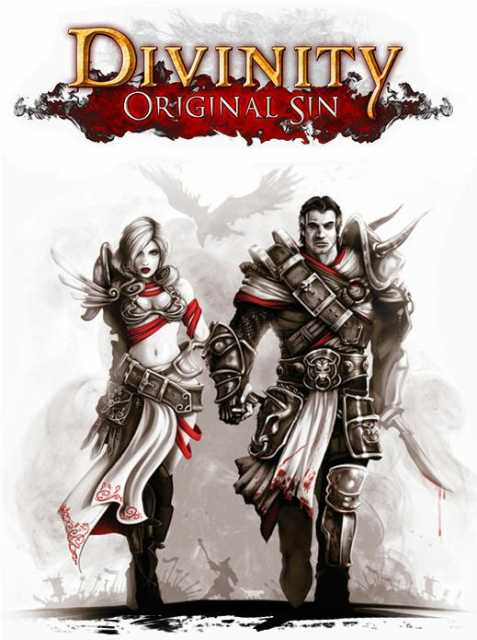
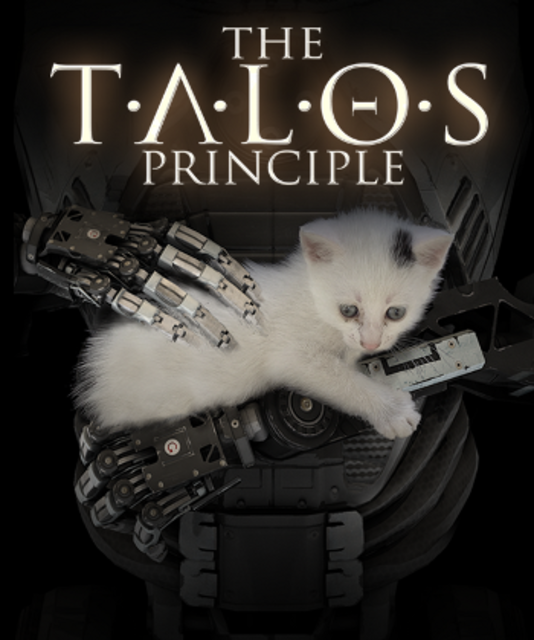
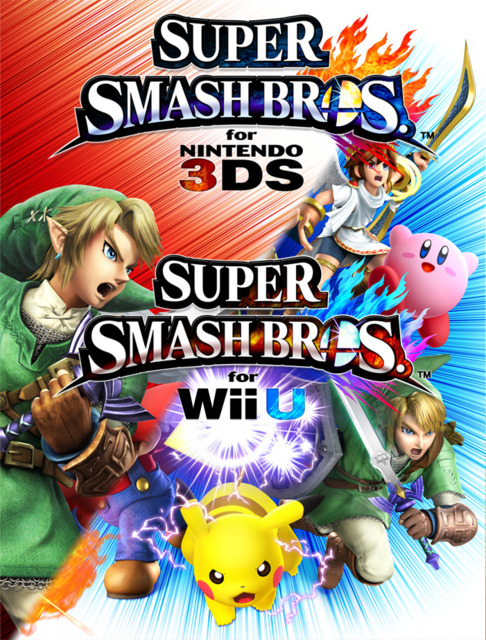
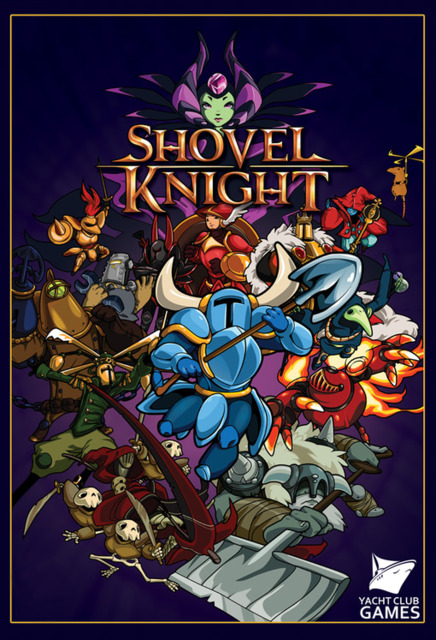
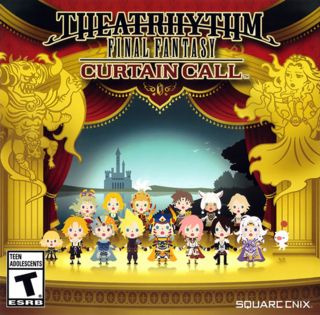
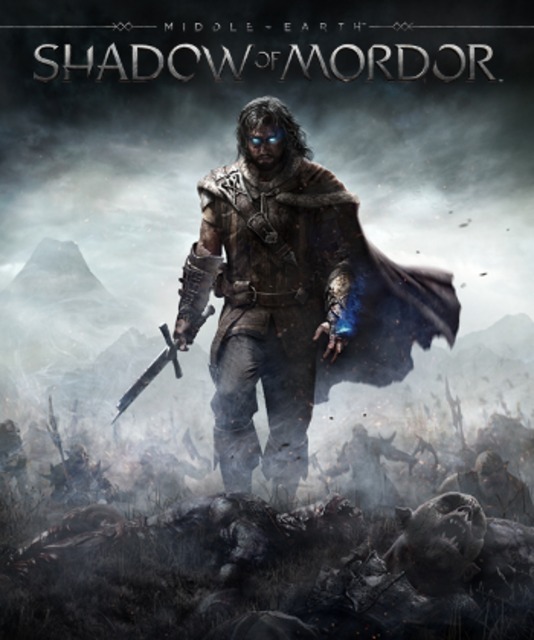
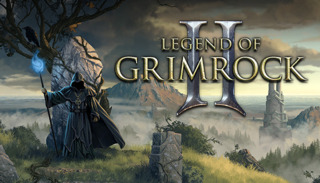
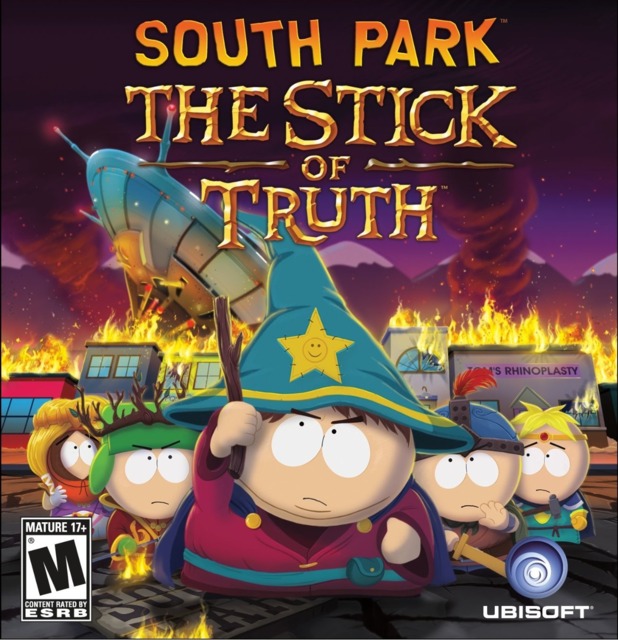
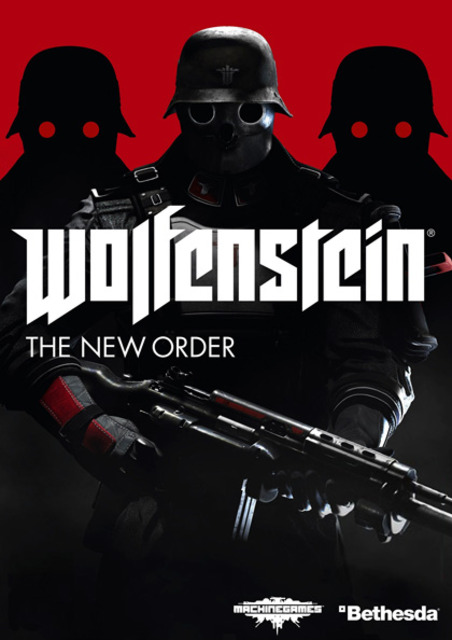
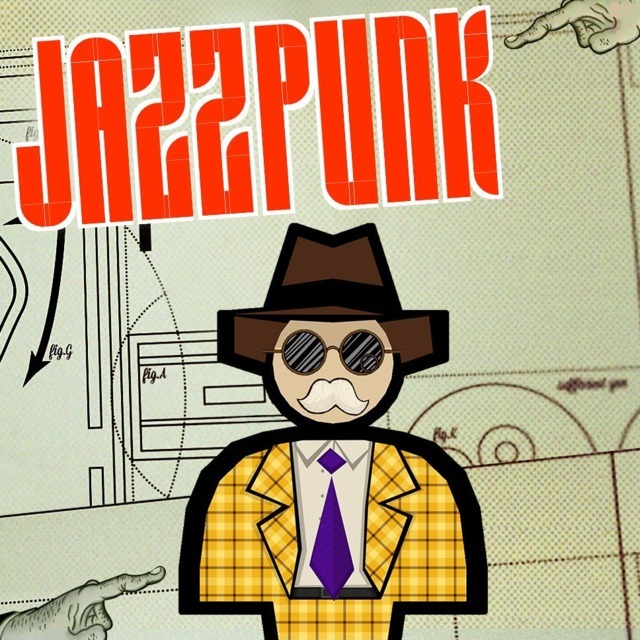
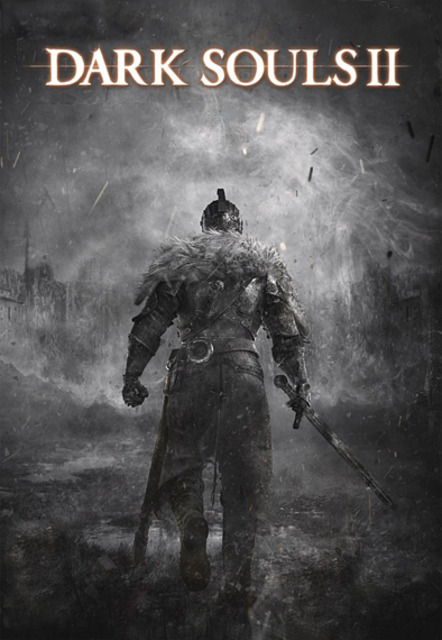
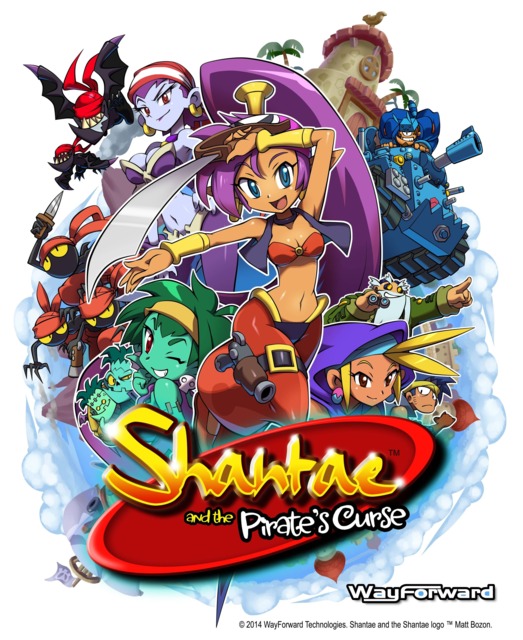
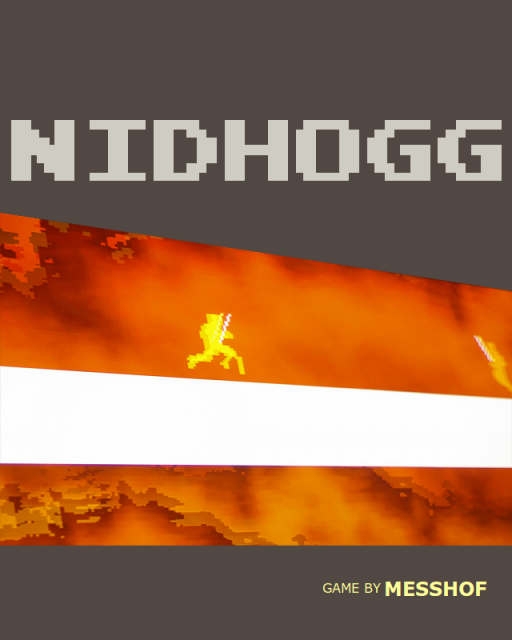
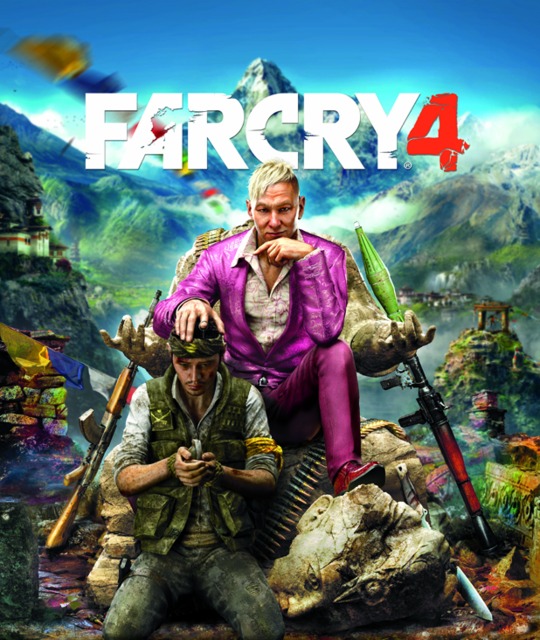
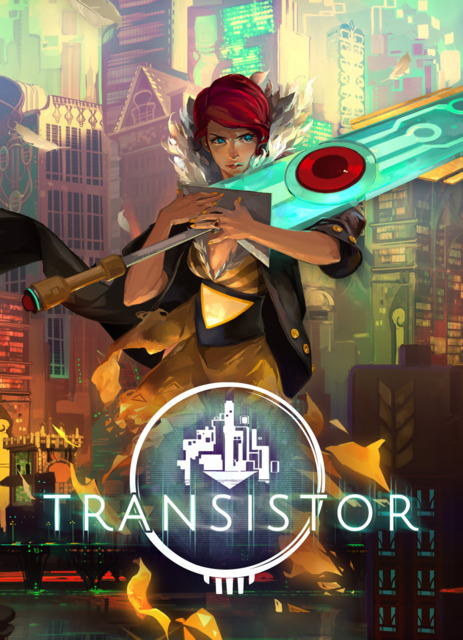
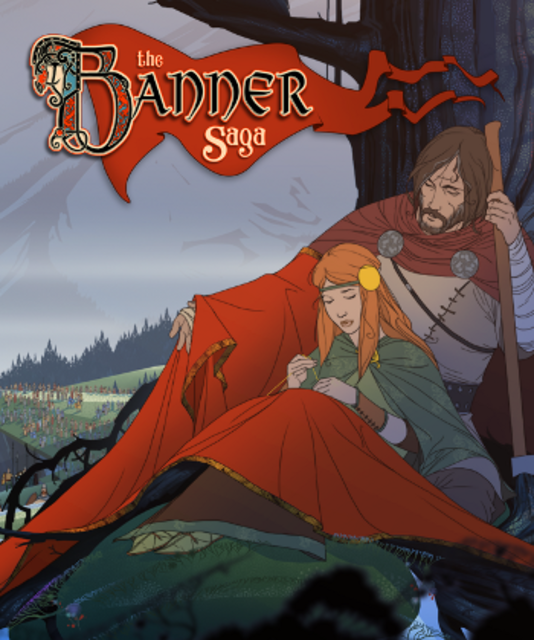
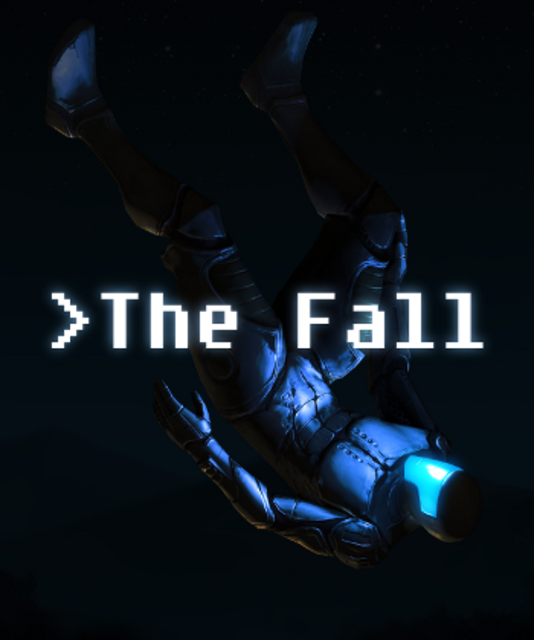
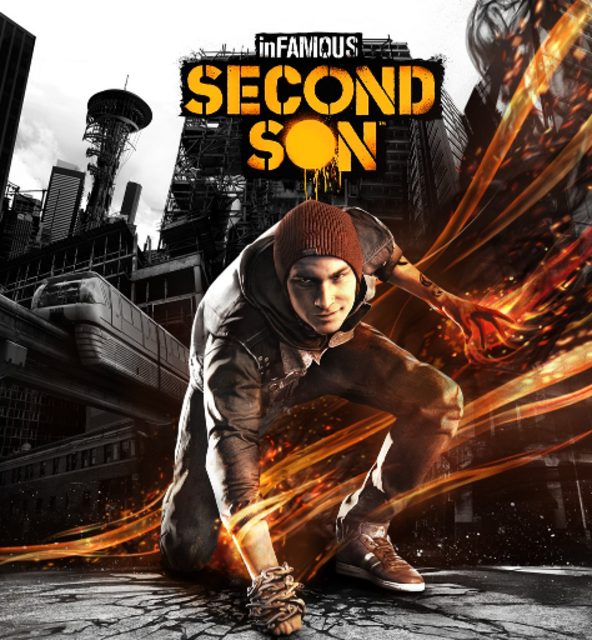
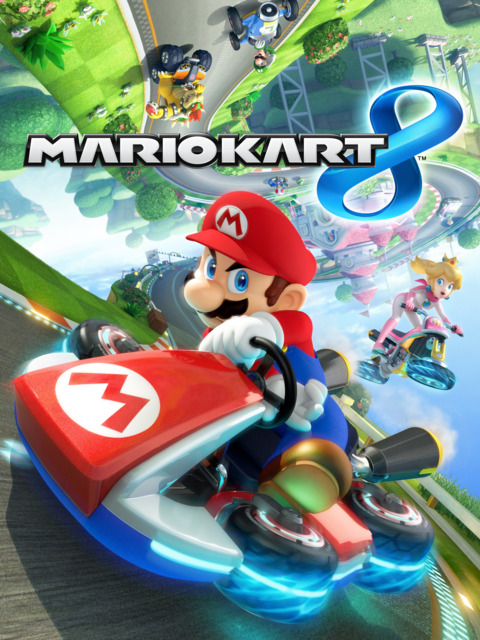
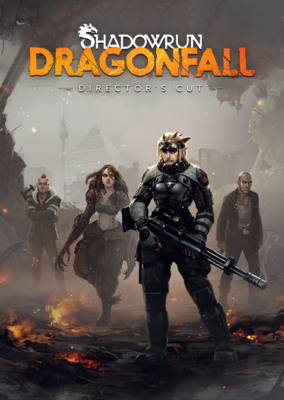
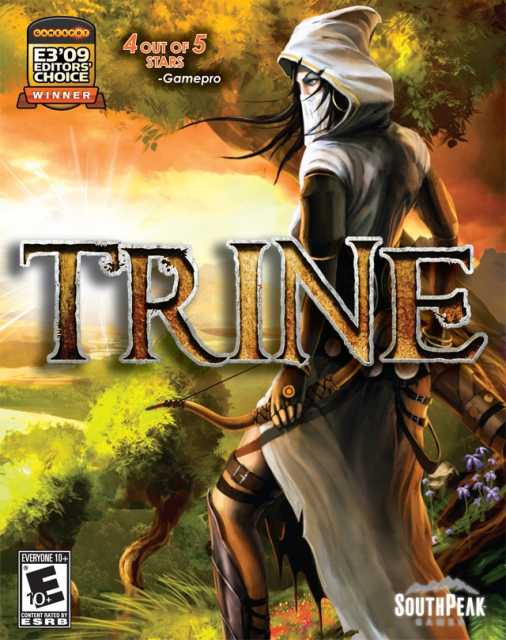
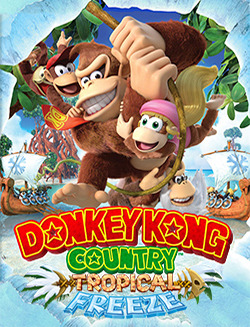
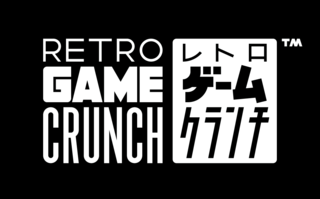
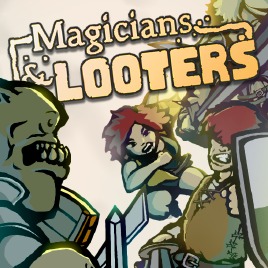
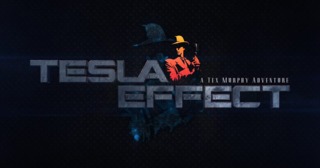
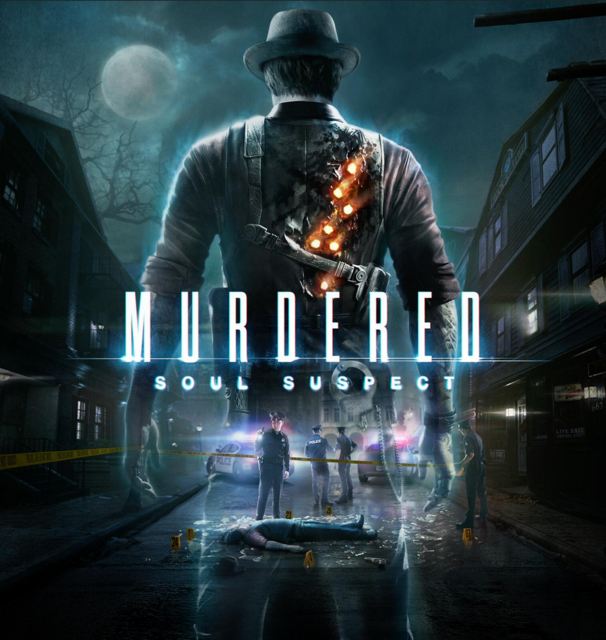
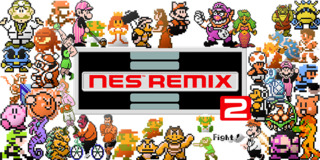
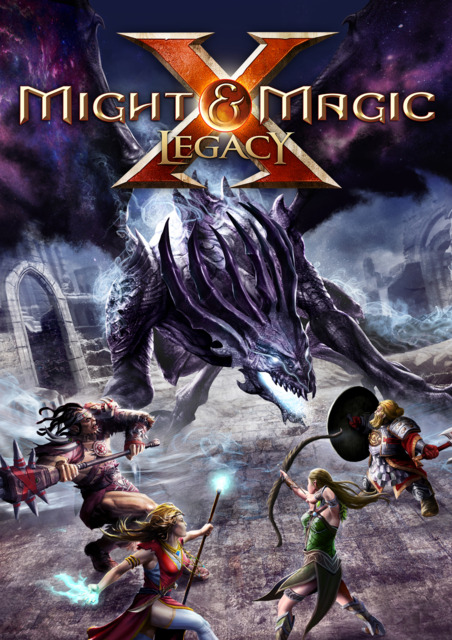
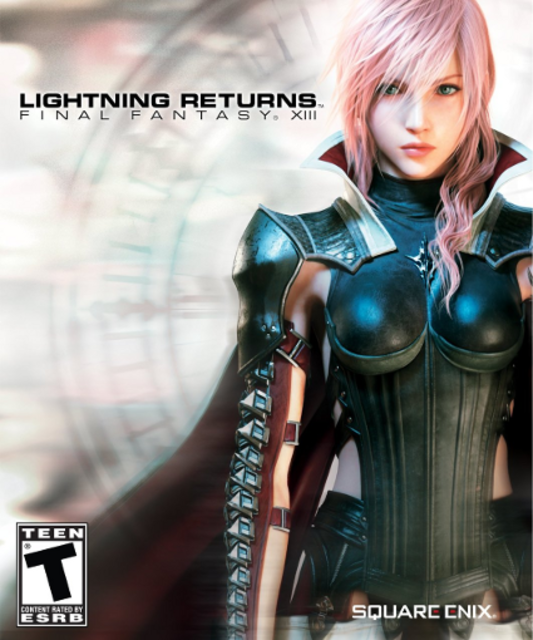
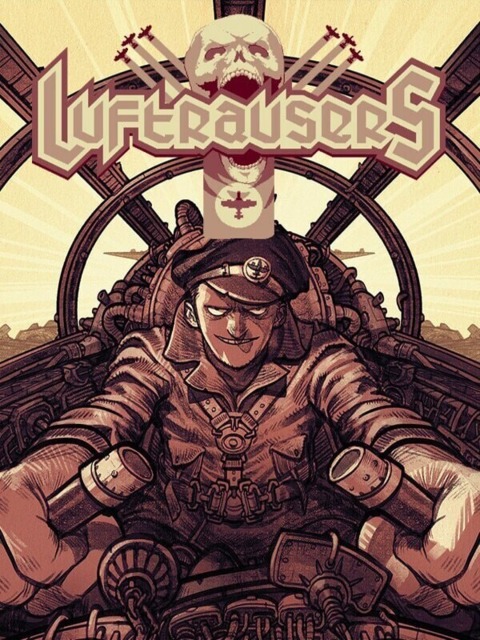
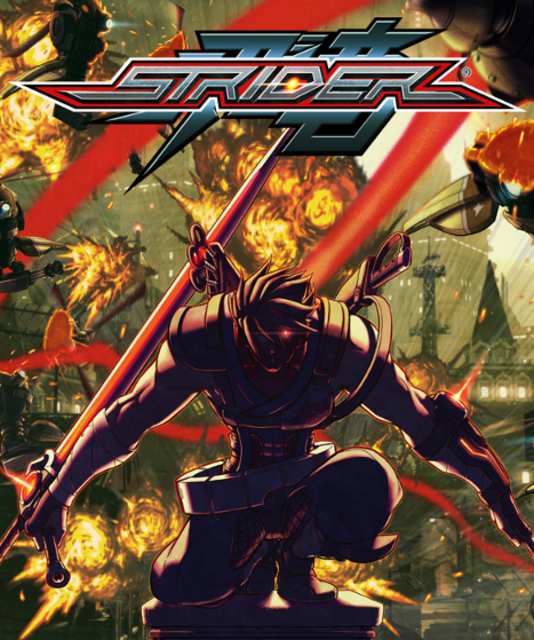
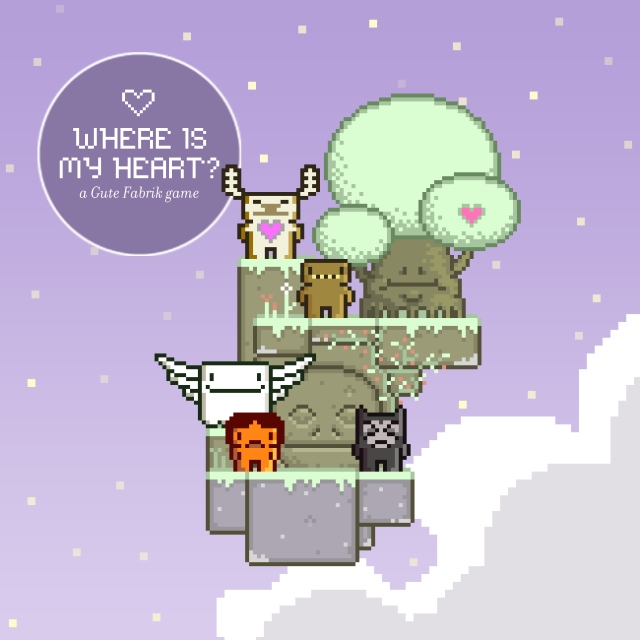
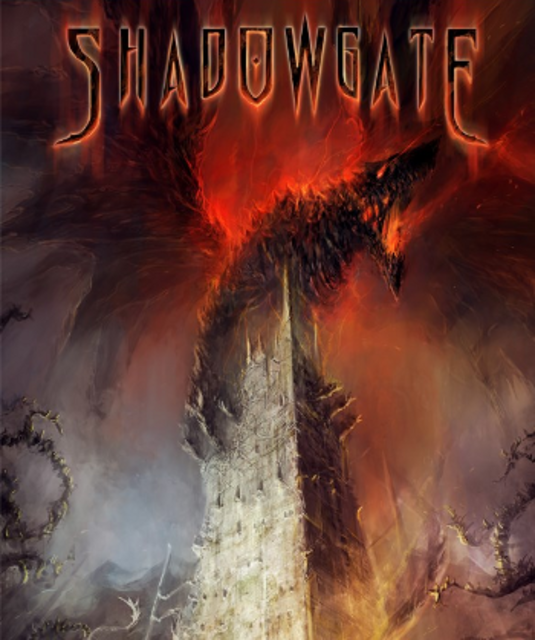
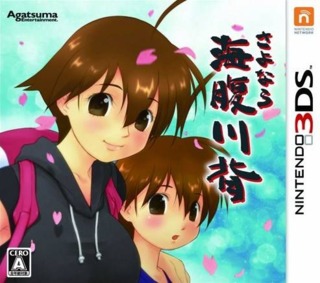
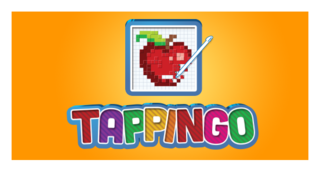
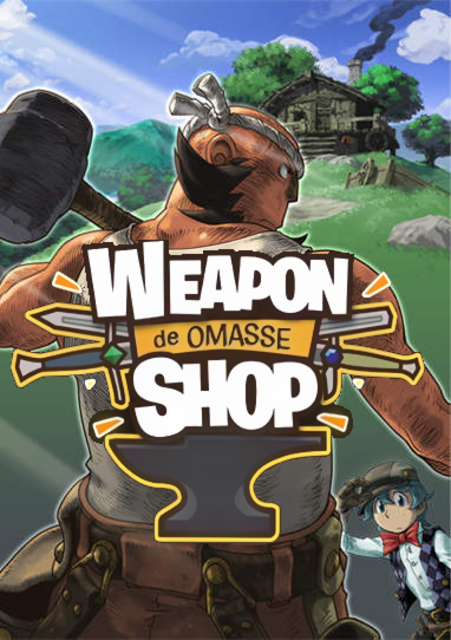
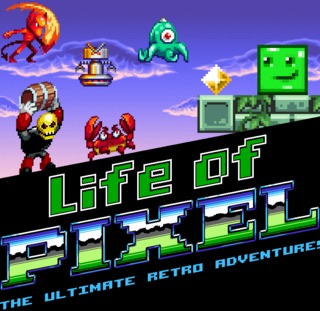

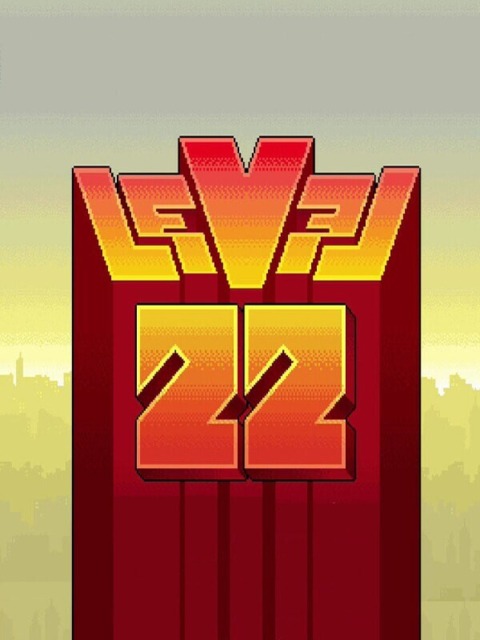
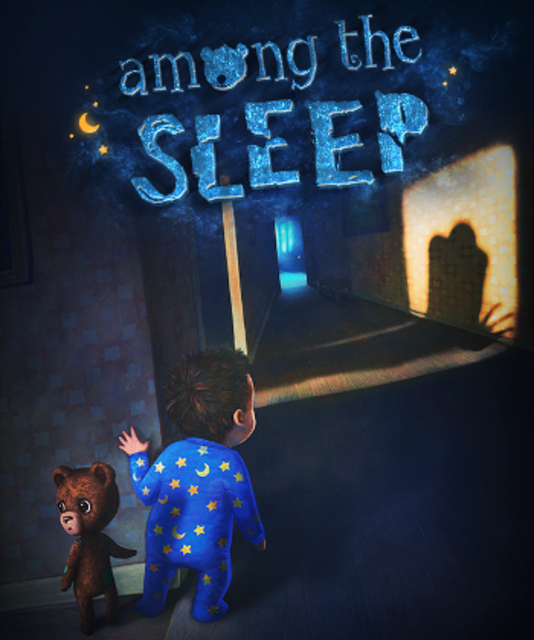
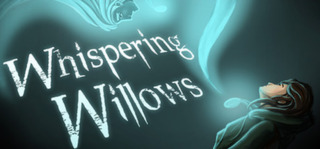
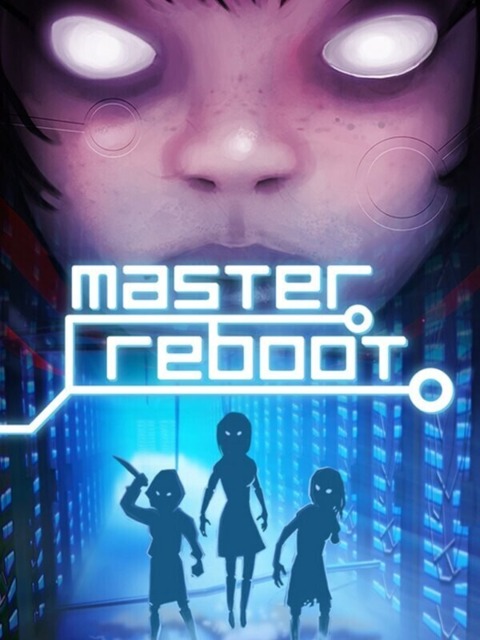
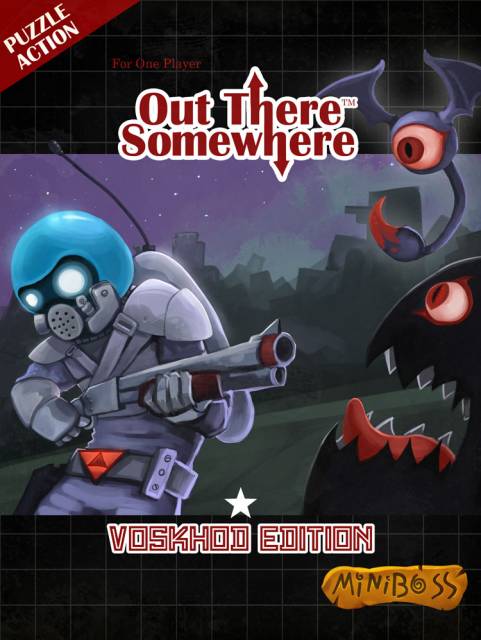
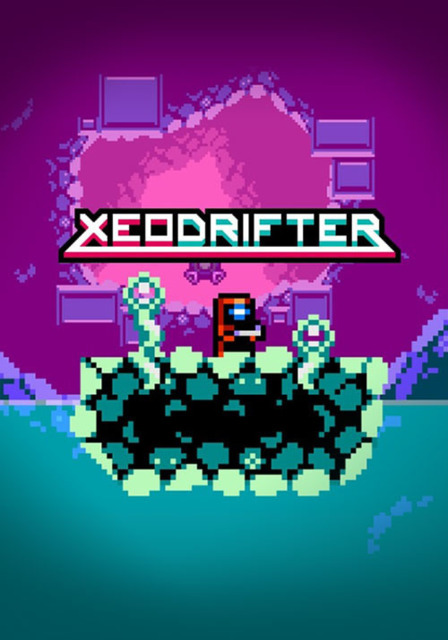
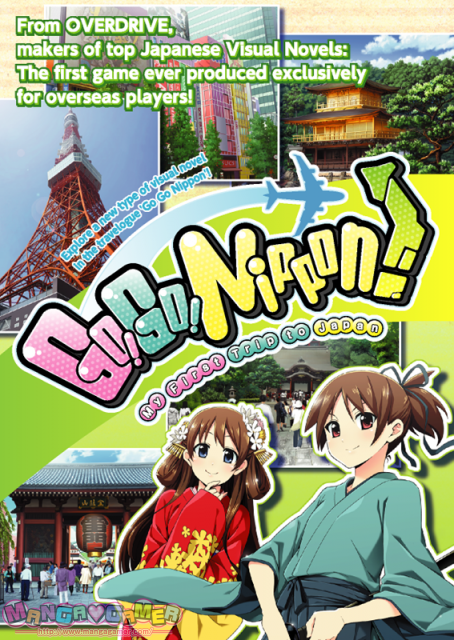
2 Comments